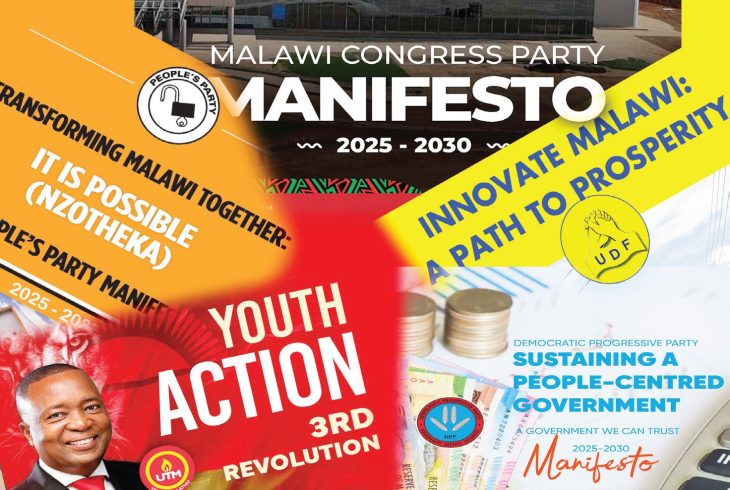
Navigating Malawi’s Economic Horizon: Capitalizing on Opportunities for Growth and Prosperity
Key Business Points
- Eelections alone will not fix Malawi’s economic woes: The country’s fragile economy, characterized by high inflation, dwindling forex reserves, and rising public debt, requires more than just political promises to resolve.
- Policy inconsistencies and weak state institutions are major obstacles: Malawi’s economic crisis is rooted in policy inconsistencies, weak state institutions, and a failure to develop its natural resources, making it vulnerable to external shocks.
- Urgent policy reforms are necessary to avoid a "hard landing": The country needs swift and credible corrective action to address its fiscal and balance of payments crisis, otherwise, it risks a disorderly economic collapse, which could lead to further economic hardships and social unrest.
Malawi is facing another election on September 16, 2025, with various political parties making promises to woo voters. However, the electoral outcome will not suddenly change the country’s deteriorating economic state. The current economic trends and performance are zose zosokoneza (alarming), with long and frequent fuel queues, rising prices, dwindling forex reserves, and rising public debt. The country’s mphamvu ya kufikia (access to) electricity is also poor, with continued power outages in cities.
The economy has clearly gone off-track, particularly in recent years. The data suggests that the country’s economic trajectory has remained at a standstill, and the people have seen dwindling incomes in real terms, partly due to high population growth but mostly because of high inflation and increased debt levels. Malawi is ranked within the bottom five in the Happiness Index and 172 out of 193 in the 2024 UN Human Development Index. The country’s gross national income is also near the bottom of the global list, at $550 per capita.
The country’s economic crisis is rooted in zitsanzo za tsamba (policy inconsistencies) leading to policy failure. The failure to develop natural resources, such as building a thriving agricultural sector, has deepened the country’s vulnerability to shocks. The ufa wa captcha (irrigation potential) of the country is still underutilized, with less than five percent of land under irrigation. The Extended Credit Facility (ECF) program with the International Monetary Fund (IMF) was canceled, which contributed to the sharp decline in forex reserves and related commodity shortages.
The decision to cancel the ECF was taken by the government, and all consequences should be fully owned by them. The country is in the midst of a full-blown fiscal and balance of payments crisis, and without the ECF, it has limited policy levers to weather the storm. The approaching election means that citizens need to hold political leaders accountable for policy outcomes. Otherwise, the country will end up with a system where every five years, promises are made but never delivered, and little changes for the wellbeing of voters.
Unless political and policy leaders take swift and credible corrective action, Malawi faces a high risk of a full kugwa kwambiri (hard landing) in late 2025 or early 2026. This would bring further economic hardships to the populace and risk social unrest. The wabwino wa zipani (economic risks) are much higher this time around, and it is essential for the government to embark on urgent policy reforms to address the country’s economic crisis.
What are your thoughts on this business development? Share your insights and remember to follow us on Facebook and Twitter for the latest Malawi business news and opportunities. Visit us daily for comprehensive coverage of Malawi’s business landscape.
- Malawi’s Agricultural Resource Imbalance: Economic Opportunities at Risk - February 6, 2026
- Empowering Malawi’s Future: Minister Fast Tracks Technical College Upgrades for Economic Growth - February 5, 2026
- Malawi’s Market: Muted Momentum in February, Opportunities Ahead? - February 5, 2026
